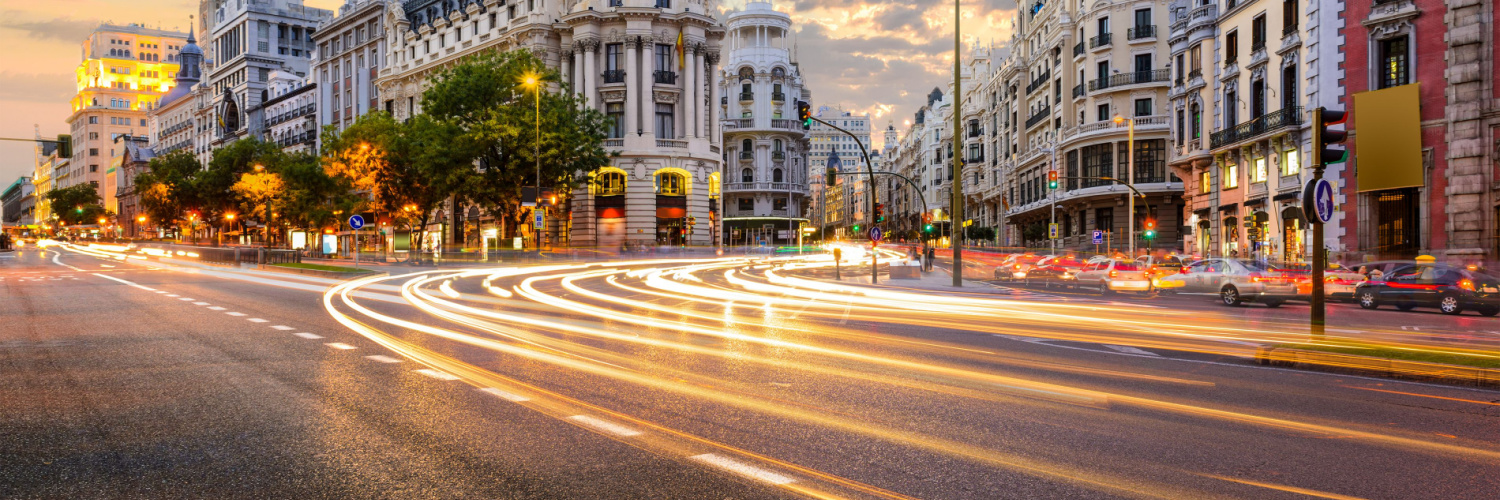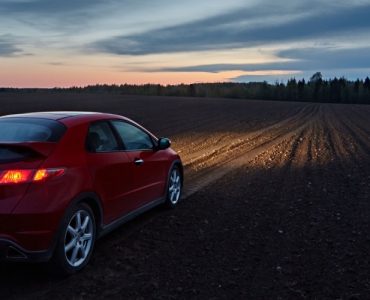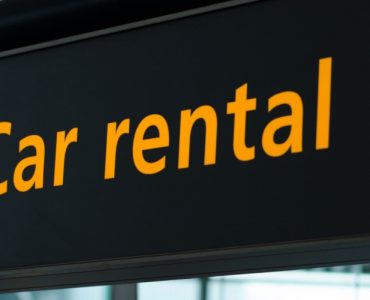Whether you are crossing the Pyrenees with your own vehicle or renting a car in Spain, it is important to be prepared for driving in the Iberian Peninsula. Although Spain is not the other side of the world, it is important to know the local specificities of the Highway Code (speed limits, etc.), but also certain subtleties as well as the driving habits of Spaniards. In this article, we provide you with some tips for driving in Spain so that you can visit this magnificent country with complete peace of mind.
Contents
Do you need a car to explore Spain? Check Yolcu360’s car rental options out and rent a car in minutes!
Spanish Speed Limits

As everywhere, general speed limits are set according to the type of road. When visibility is reduced to less than 50 m (in fog, snowfall or heavy rain), the maximum speed is reduced to 50 km/h, regardless of the road. In exceptional cases, signs may alter these general rules:
- In built-up areas: 50 km/h
- Road: 70 to 100 km/h
- Highway: 90 to 120 km/h
Rules of Driving in Spain

Permit: If you have a foreign license, you may need an international license (to be checked on a case-by-case basis).
Drink-driving limit in Spain: For drivers of a light vehicle, the limit is 0.5 mg per liter of blood. For young drivers, the limit is on the other hand a little more flexible in Spain, at 0.3 mg. Drunk driving could cost you more than a hefty fine, so be sure to avoid drinking when you have to drive.
Mobile phone in the car: Not only is it forbidden to use your mobile phone while driving in Spain, but it is simply banned from use in the driver’s seat. This rule applies whether the vehicle is moving or stationary! If you need to answer a call, you will therefore have to stop and get out of the vehicle. In case of bad weather, you can sit on a passenger seat.
- The use of turn signals is compulsory, failure to warn of your intention to change lanes on the motorway or to turn can lead to a fine.
- You should never bite the solid white lines, whether when you get on the motorway or in any other situation.
- Parking less than 5 m from a crossroads or pedestrian crossing is prohibited.
- It is forbidden to overtake on the right. Driving on the middle lane or the left lane when the right lane is free is punishable by a fine of €200.
- Turning right when the light is red is prohibited, unless otherwise stated.
- The horn can only be used in emergency situations. Untimely use of the horn can result in a fine of €80.
Driving in Spain: Good to Know

Spanish motorways are tolled. So make sure you have a valid means of payment when you borrow them In the event of an offense detected following a police check, you must immediately pay the fine, otherwise the vehicle will be immobilized. If you don’t have cash on you, the police will escort you to the nearest ATM.
Parking
When parking on public roads is paid for in Spanish cities, specific signposts mention the rules in force. Paid parking can take many forms, depending on the color. The blue areas indicate a paid parking area, which you will need to pay via one of the surrounding parking meters.
When the marking is blue and white, it is a drop-off zone (short stop authorized if the driver remains behind the wheel). It is possible to park your vehicle on the public road overnight, but it is forbidden to sleep in your vehicle.
Spanish Emergency Numbers
- National Police: 091
- Emergencies: 112
- Local Police: 092
To Take in Your Car
Spanish rental vehicles have all the regulatory equipment. If you are going to Spain with your own car, the following equipment must be present:
- Spare wheel
- Replacement bulbs for the headlights
- A reflective jacket
- Two emergency triangles
- Fire extinguisher
Alongside the classic rules of conduct that we have listed below, there are also more obscure and wacky ones. Who said that we could not be strict in the countries of the South?

- It is forbidden to ride barefoot, with flip flops or shirtless. The fine for this type of offense is €200.
- Be careful if you park on a secluded beach. If it is a protected area, you risk a fine of up to €6,000.
- You must always keep your eyes on the road, even when you are at a standstill (red light, traffic jams, etc.). Redoing your makeup or biting into a sandwich in such a situation could cost you €200.
- Turning on the sound system in the car in the wee hours or in areas such as hospitals can lead to a fine of 80 to 100 €. And even up to €2,400 if you woke people up.
- Arguing in the car is never a good idea, but even more so in Spain. In accordance with the rule that you must always pay attention to the road, you can receive a ticket if you are seen gesticulating in the car.
- Both hands should always be on the wheel.
- If you fill up with the radio on, you are liable to a fine of €91.










Add comment